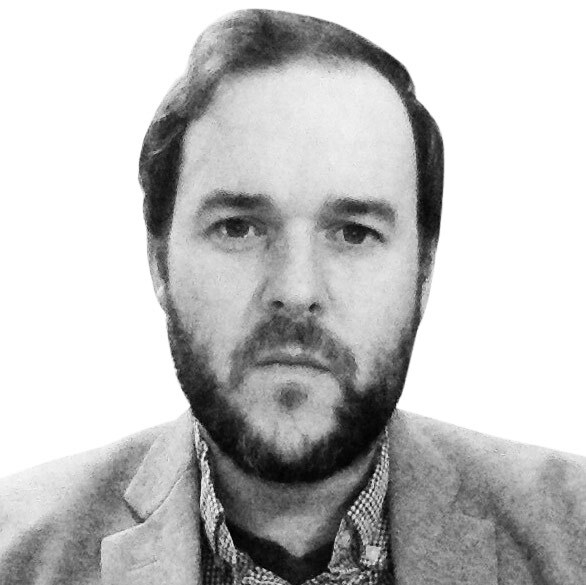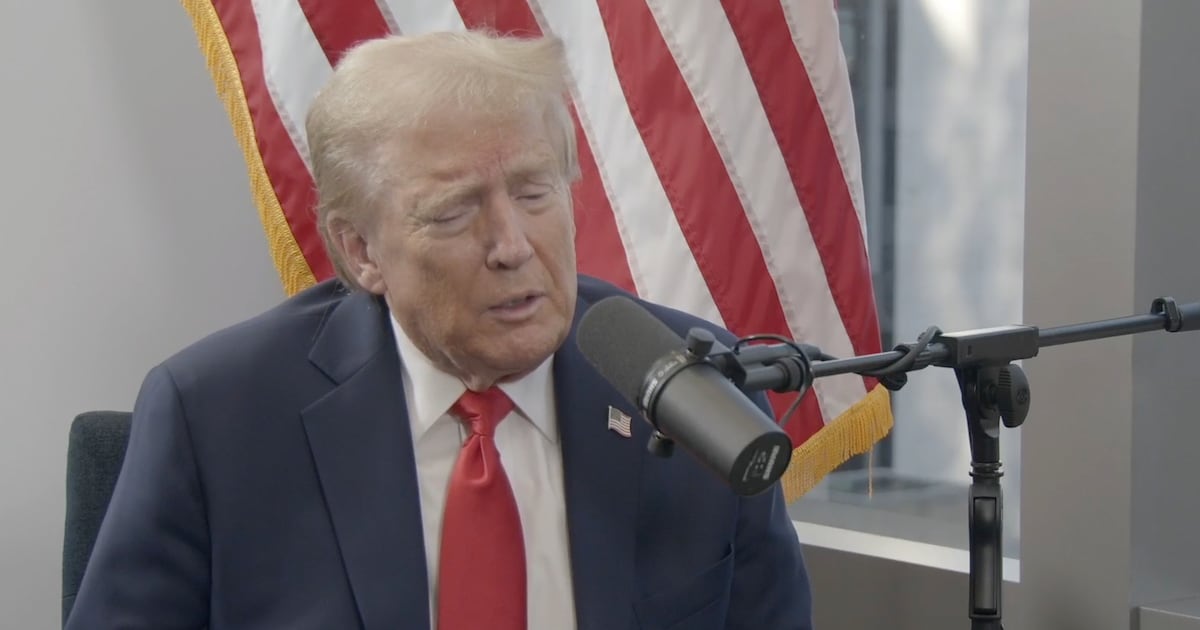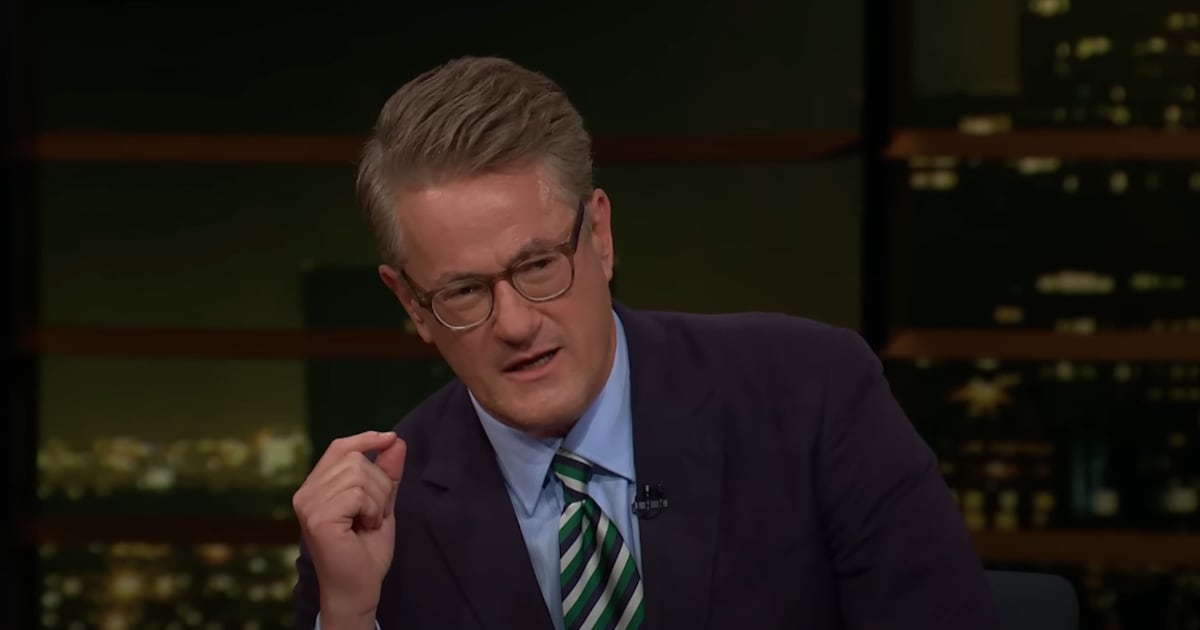Vice President Kamala Harris went from a shy foreigner who was initially bullied to an outgoing extrovert who intervened to protect a classmate from sexual abuse during the years she spent attending high school in Canada, according to Washington Post interviews of her fellow students.
Harris spent five years of her childhood in Montréal, though she has paid little lip service to her move to the Great White North. She dedicated little more than a page of her 2019 memoir, The Truths We Hold, to her stint in the country, but those whose knew her then suggest that it was a formative time in her life.
Harris moved from Berkeley to Québec’s largest city in 1976 with her younger sister Maya and her mother, Shyamala Gopalan, a cancer researcher who got a job teaching at McGill University and researching at the Jewish General Hospital. Her parents divorced in 1971.
ADVERTISEMENT
“The thought of moving away from sunny California in February, in the middle of the school year, to a French-speaking foreign city covered in 12 feet of snow was distressing to say the least,” Harris wrote in her memoir.

An aerial view of the McGill University campus in Montreal, Quebec, where Kamala Harris mother taught in the 1970s.
Sebastien St-Jean/AFPRepublican vice presidential candidate JD Vance has tried to use her time in Canada as a failed gotcha. He called her a “phony” who “grew up in Canada” while not noting that Harris spent most of her childhood in California and is a U.S. citizen—the attack never stuck.
According to the Post, Harris was pretty much immediately homesick for California after arriving in French-speaking Québec, confirming prior reports about her time there.
That homesickness “was made worse when my mother told us that she wanted us to learn the language, so she was enrolling us in a neighborhood school for native French speakers,” Harris wrote.
The Post reported that Harris found French too difficult and convinced her mom to allow her to transfer to an English speaking school for the 1977-78 academic year.
A year earlier, however, the province had elected the sovereigntist Parti Québécois, which campaigned on separating Québec from the rest of Canada and introduced strict language laws that saw the English school she was slated to attend poised to close.

Parti Québécois leader René Lévesque speaks to supporters at the Paul Sauvé Arena after his party won the 1976 provincial election.
BettmannHarris ended up at Westmount High, one of the remaining English schools with room, in a part of the city that one her classmates told the Post is “the Beverly Hills of Montreal” (it’s a wealthy anglophone enclave).
The school was rapidly diversified when students from the Caribbean and other English-speaking diaspora joined the student body as other schools closed. That led to fractures among students and sometimes racial tensions.

Westmount High School, where Kamala Harris studied during her years in Canada.
Hubert Hayaud/The Washington Post“She was bullied to a degree,” Westmount classmate Jamie Ward, told the Post, declining to detail racist remarks she said were made at Harris. “I would never repeat that. Myself being biracial, it’s harmful and it’s hurtful.”
“When she arrived from California, she was very reserved,” Ward added.
“I could easily imagine she felt not included,” Joel Margoles, another classmate, told the Post, noting a social separation between races at the church that also brushed against hostile attitudes towards anglophones amid the burgeoning Québec separatist movement, which saw hundreds of thousands leave the province.
Harris, however, gradually emerged as a social butterfly, performing dance numbers to disco hits as part of an all-female troupe dubbed Super Six and later Midnight Magic. They made their own costumes and performed at school and elderly homes.
Ariela Katz, another former classmate, told the Post that Harris became “very popular, and very cool — a very lively kind of leader.”
“I definitely believed she would go that route of entertaining, acting, singing, dancing,” Brian Israel, another former classmate who took drama class with Harris, told the newspaper.
She also became a watchful friend, according to one former classmate. Wanda Kagan told the Post Harris insisted that she move in with her family when she confided in her that she was being molested at home by her stepfather.
“It was at a pivotal point in my life that made a difference,” Kagan told the Post.
Harris has cited the event as one of the reasons that motivated it made her want to be a prosecutor.
“This is one of the reasons I became a prosecutor: to protect people like Wanda, because I believe everyone has a right to safety, to dignity and to justice,” she told the Democratic National Convention in August, without mentioning it had taken place in Canada.





